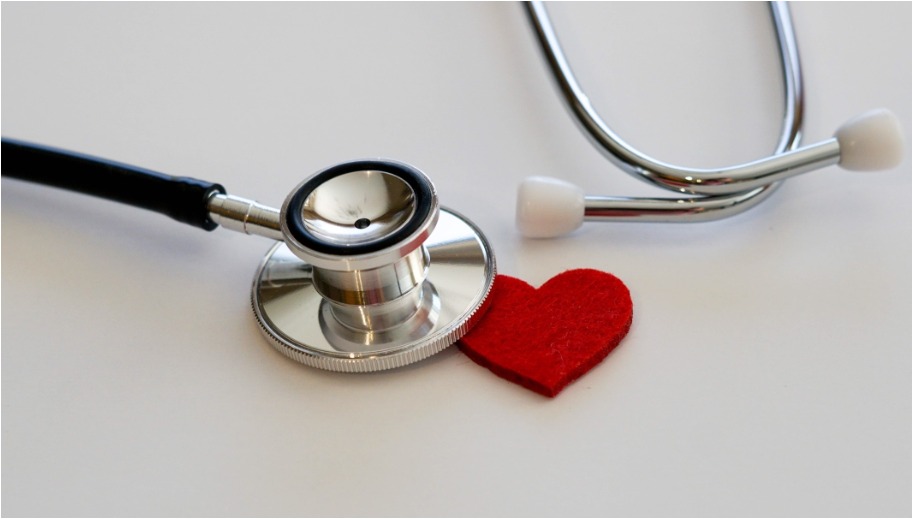
To maintain a healthy heart and reduce the risk of blood clots, it’s essential to be aware of the potential signs and take preventive measures. Here are some important points to consider:
Recognizing Symptoms of a Blood Clot:
Blood clots can occur in various parts of the body, with the lower leg being a common location. Recognizing the symptoms of a blood clot can help in seeking timely medical attention. Common symptoms in the lower leg may include:
- Reddish discoloration
- Swelling
- Pain
- Tenderness
- A warm sensation
In rarer cases, blood clots can form in the heart’s arteries, leading to potentially life-threatening situations. Symptoms of a blood clot in the heart may include:
- Chest pain
- Lightheadedness
- Shortness of breath
- Pain in the arm, neck, back, or jaw
- Sweating
- Nausea or heartburn
- Racing heart
Preventive Measures:
Taking proactive steps to prevent blood clots can significantly contribute to heart health. Here are some strategies to consider:
- Regular Physical Activity: Engage in regular exercise, such as walking, swimming, or cycling, as it promotes healthy blood circulation and reduces the risk of clot formation.
- Avoid Smoking: Smoking damages blood vessels and increases the risk of clot formation. Quitting smoking is one of the most beneficial steps you can take for your heart health.
- Healthy Diet and Hydration: Consume a balanced diet rich in fruits, vegetables, whole grains, and lean proteins. Staying well-hydrated helps maintain proper blood viscosity.
- Maintain a Healthy Weight: Excess weight can strain the heart and increase the risk of various cardiovascular issues, including blood clots. Aim for a healthy weight through a combination of diet and exercise.
- Control Medical Conditions: Manage medical conditions like high blood pressure and diabetes as they can contribute to blood clot formation. Follow your doctor’s recommendations and take prescribed medications as directed.
Remember, if you experience any symptoms suggestive of a blood clot or have concerns about your heart health, it’s crucial to seek immediate medical attention. Early diagnosis and prompt treatment can make a significant difference in preventing complications and ensuring a healthy heart.
